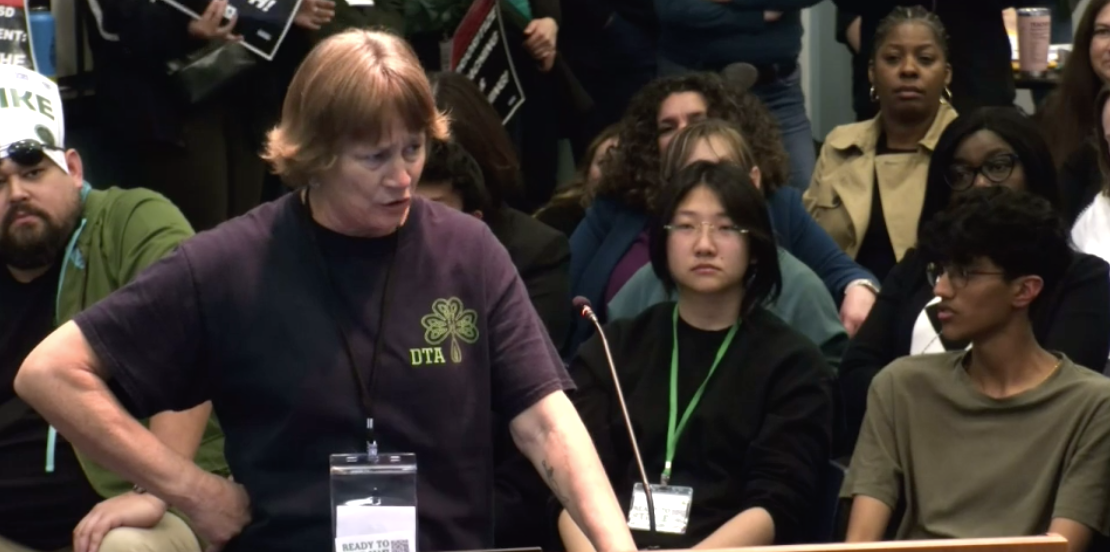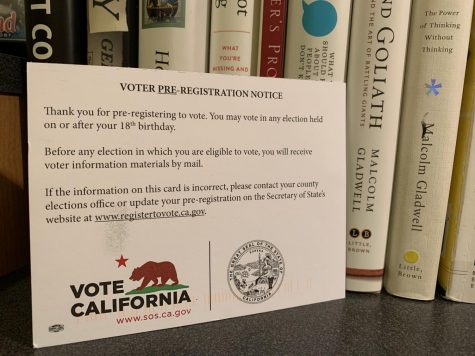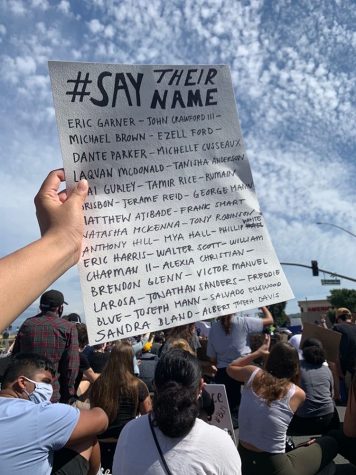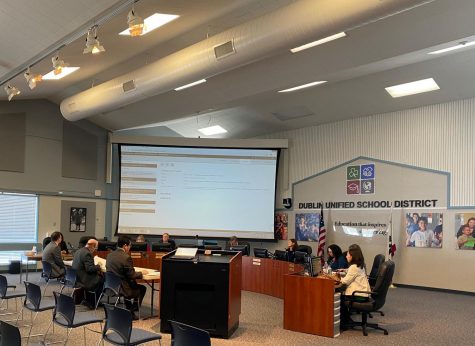Iowa Caucus: What is it and who won?
If you’ve watched the news anytime in the past week, then you’ve probably heard something about the Iowa Caucuses that took place Monday night. But, what is a caucus, and why are the ones that took place in Iowa so important?
The Iowa Caucuses are the equivalent to normal primaries, or the first step in the election process. In the primaries, each state votes to help the major parties choose their candidate for the final, general election. In most states, the primaries are done through a secret ballot—–exactly like the one that voters use during the general election.
Some states caucus instead of holding secret ballot
However, some states caucus instead of holding secret ballot. Caucusing is when voters meet in small, local precincts and talk with the other people that are voting for their political party. In these caucuses, the Republican party still uses secret ballots at their caucuses, but the Democratic party process is more complicated.
During Democratic Party caucuses, the caucusers gather in groups determined by their candidate choice. These groups are lead by precinct captains, who are usually volunteers for the campaigns. If a voter is still undecided, he or she can also remain so at this point.
After everyone has chose their groups, a head count is performed; if the candidate doesn’t have at least 15% of the caucus’s voters, they aren’t viable, and won’t continue in this precinct’s primary.
For the next thirty minutes after viability is determined, the caucusers are allowed to talk with the people who are not in their groups–especially the ones whose candidate was not viable or who were undecided in the first round–and try and convince them to support their candidate.
At the end of the night, another headcount is done and the percentage of caucusers each candidate’s group is made up of determines the candidates’ percentages–and who wins the precinct. The precinct results are reported to the district level and the districts are reported to counties and on and on until the state results are reported.
Up to thirteen states and U.S. territories hold caucuses instead of traditional primaries but, why are the Iowa Caucus so important?
No candidate placing lower than third at the Iowa Caucus has ever won the presidency. Because the Iowa Caucuses vote first, and therefore greatly influence the results of the primary election: in fact, no candidate placing lower than third at the Iowa Caucus has ever won the presidency and in the 2008 election no less than $51,000,000 were spent by candidates in Iowa alone.
On Monday night, the results of the Iowa caucuses–the first primary of the 2016 election– were reported.
Ted Cruz won the Republican caucus with 27.6% of votes, Trump came in second with 24.3% and Marco Rubio was the surprise third with 23.1%.
The Democratic Party results, like their caucuses, were slightly more complicated. There was almost an exact tie between Hillary Clinton and Bernie Sanders, with Clinton squeaking to a win with less than a percent.
However, even this less than one percent is important because it awards her two more delegates that are supposed to vote for Clinton during the Nomination Convention that will decide the 2016 Democratic Presidential Nominee.
Your donation will support the student journalists of Dublin High School. Your contribution will allow us to purchase equipment and cover our annual website hosting costs.

Alexandra Stassinopoulos was a senior at Dublin High School and the 2016-2017 Editor-in-Chief. She joined the Dublin Shield as a sophomore and worked as...

































